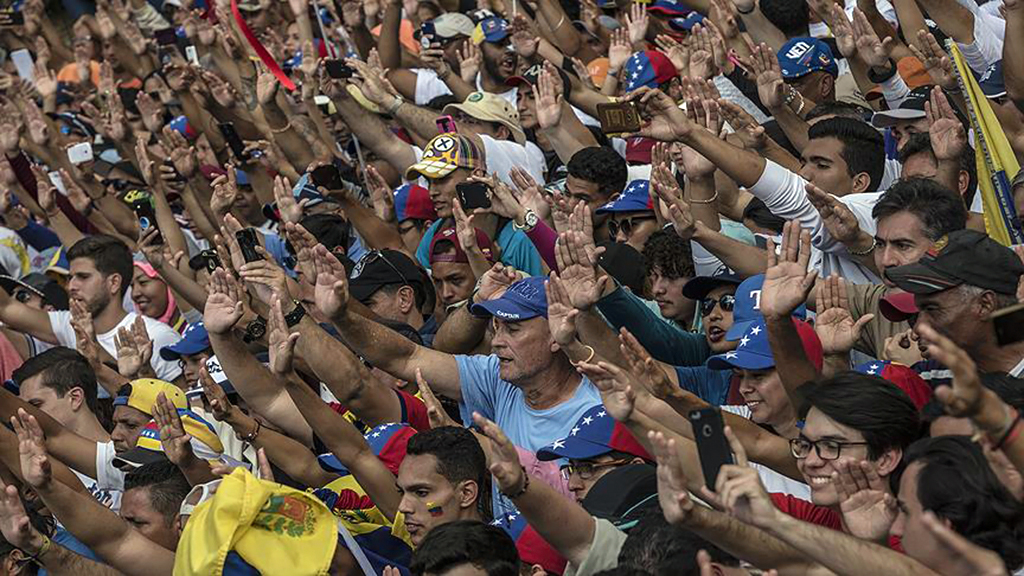Whenever Western countries face the dilemma between liberal values and democracy promotion on the one hand, and national interest on the other, they always prefer national interest. In other words, Western countries have been instrumentalizing liberal values for attaining their national interests and they do not want the development of democracy in non-Western countries.
Therefore, Western countries oppose any state that asks for political autonomy and economic independence in any part of the world, irrespective of its ideology and civilization identity. Accordingly, “nationalization” (of oil, copper mines, politics, economic structure, etc.) has been considered one of the main reasons for Western-led military coups. Throughout American hegemony, the world has witnessed many examples of distortion of democracies and in some of them the U.S. has officially accepted its role in the military coups or coup attempts.
The U.S. and other Western countries have encouraged, pioneered, organized and orchestrated many military coups and coup attempts in the non-Western world. For instance, Western countries encouraged the Ukrainian people to protest the government of the pro-Russian Victor Yanu
kovic. Large-scale protests led to the overthrow of the government, but also the dismemberment of the country. The eastern regions of Donetsk and Luhansk are under the control of pro-Russian militia groups, while the Crimean Peninsula was annexed by Russia.
For the last few years, the U.S. government got rid of the most anti-American governments in Latin America. For example, the U.S. intervention led to the removal of the socialist Dilma Roussef in Brazil after a “silent coup.” Similarly, the U.S. tried to orchestrate a military coup against Hugo Chavez of Venezuela, but failed to overthrow his government.Nowadays, the U.S. has reinitiated a new process in Venezuela to complete unfinished business, and therefore, it has been intervening in the domestic affairs of Venezuela and has been trying to change the government of President Nicolas Maduro.The U.S. has been imposing heavy economic sanctions against Venezuela. The country is unable to sell its oil as the U.S. has been discouraging and threatening international economic actors to invest in the country. American pressure on the Maduro government has led to a deep economic crisis. Ironically, the U.S. government claims to have been trying to save the country from an economic crisis, in which it plays a major role.
[Daily Sabah, 30 January 2019]

